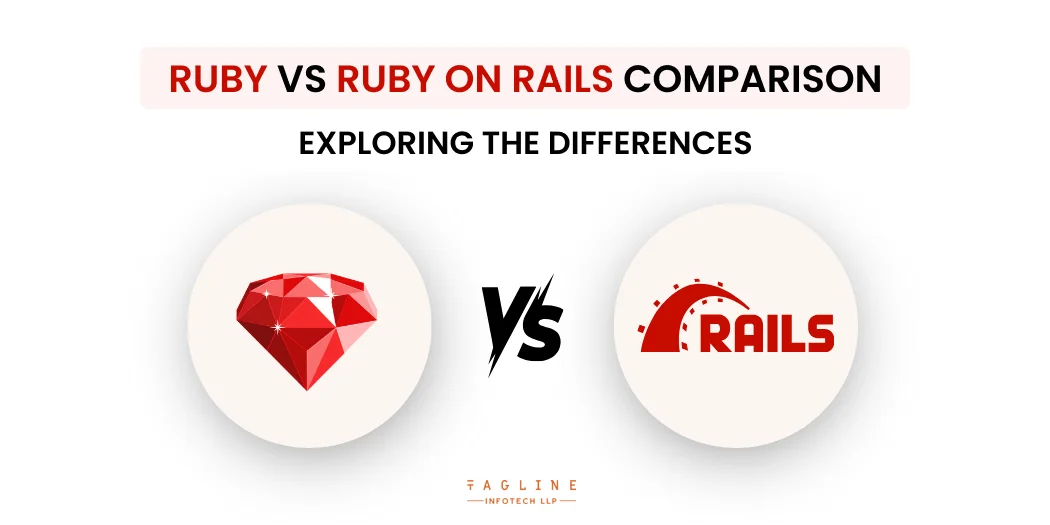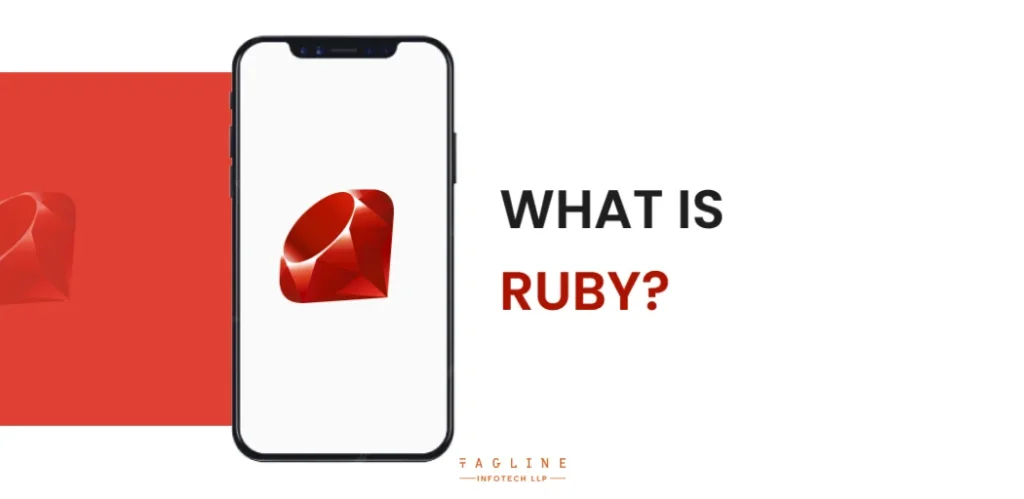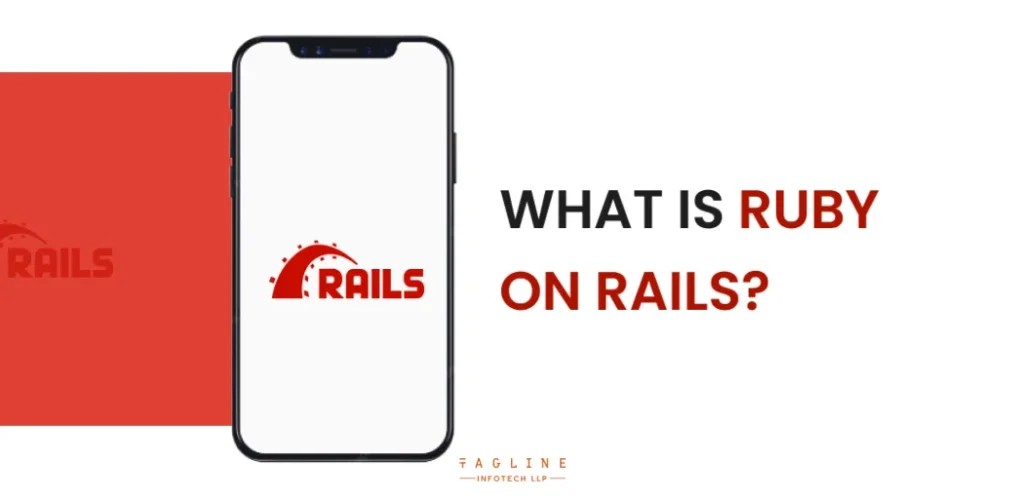Finance & IT Email Marketing: A Data-Driven Approach
February 2, 2026
Home >> RoR >> Ruby Vs Ruby on Rails Comparison – Exploring the Differences

Quick Summary:
Get a clear comparison of Ruby vs Rails to understand which technology is best for your next project. Trying to figure out the difference between Ruby and Ruby on Rails? Many people may think both technologies are the same with different names. Don’t worry we have got you covered, here you can see a clear comparison of Ruby vs Ruby on Rails so you can determine how they are different from each other.
Let me give you an overview of both and the main difference is that Ruby is a scripting language while Ruby on Rails is a web application framework. Ruby on Rails is considered an extension of the Ruby language and both are popular among the developers. They can be used for different types of programming tasks and create the best solutions.

Ruby can be described as an object-oriented scripting language that was released in the year 1995. It is one of the most secure and general-purpose programming languages. Developers prefer to use Ruby because its syntax is similar to Python and they use it to build different types of desktop applications due to ease of developing user interface designs.
It is an open-source language that is free to use and developers constantly try to improve it to make it more user-friendly for others. With the help of Ruby, developers can easily create different types of functions by just writing a few lines of code. It is popular because it is object-based, modular, dynamic typed, and flexible for implementations.

Ruby on Rails is one of the most popular web app development frameworks that are based on the MVC system. It was programmed with the help of the Ruby programming language. That’s why you need to understand both before you do a comparison of Ruby on Rails vs Ruby. It is used to build different types of web applications.
Ruby on Rails framework is developed on the principle of Don’t Repeat Yourself and Convention Over Configuration. It is one of the main reasons why developers use RoR to build apps with a combination of HTML, CSS, JavaScript, and XML with RoR. This framework is used for server-side scripting because it easily connects with the databases.
Don’t Miss Out on the Insights! Read More to Understand Why Ruby on Rails is the Go-To Framework for Building Powerful Web Applications.
Do you want to know the differences between a programming language and a framework? Ruby vs Ruby on Rails is the perfect example for you. Here you can see the Ruby on Rails vs Ruby comparison in full detail to determine which one you should choose for your next project.
| Topic | Ruby | Ruby on Rails |
|---|---|---|
| Language | It is a programming language that is popular for its simplicity and productivity. | RoR is a web application framework that is written in Ruby language. |
| Use | Ruby can be used to build different types of web apps and scripting. | It is specially designed to create various web apps and websites. |
| Type | It is a general-purpose programming language. | It is a web application framework. |
| Database Support | Ruby provides support for various databases through ORM libraries like ActiveRecord. | Ruby on Rails provides built-in ORM (ActiveRecord) for seamless database integration. |
| Learning Curve | It is easier to learn and a preferable choice for new developers. | It is hard to learn while comparing it with Ruby but still developers can learn it. |
| Popularity | Ruby is popular among the developers due to its readability and easy syntax. | RoR is very popular for web development because of its productivity. |
| Community Support | It has a strong and active community of developers. | It has a robust community of programmers with extensive documentation. |
| Development Speed | Ruby allows developers to do rapid development with compact code. | Ruby on Rails follows convention over the configuration approach and provides rapid development. |
| Prototyping | It is suitable for prototyping and quick repetition. | It reduces the requirement for repetitive tasks. |
| Frameworks and Libraries | Ruby offers various libraries and gems for different purposes but not specifically for web development. | Ruby on Rails provides a complete framework for web development with built-in features like routing, ORM, and more. |
| Scalable | It can be used to build scalable apps with additional planning and effort. | Ruby on Rails is perfect for building scalable web apps with optimized performance. |
| Use Cases | Ruby is suitable for different types of applications besides web development. | It is mainly used to build different types of websites and web applications. |
| Maintenance | The developers need to do manual configuration and setup for web development projects. | It provides many built-in features including DRY to reduce the maintenance cost of the project. |
Want to build web development projects using Ruby on Rails?
Look No Further! Hire a developer who will turn your ideas into a high-quality web application!
Hopefully, this post helped you to clear your Ruby vs Ruby on Rails dilemma and now you can easily choose the best technology according to your requirements. Hope your all doubts about what is difference between Ruby and Ruby on Rails are explained here. Get in touch with a Ruby on Rails Development Company if you are trying to get an enterprise-grade web application for your business.
Yes, you should learn Ruby before using Ruby on Rails because on many occasions Ruby language can be helpful when you are writing code in Rails.
Yes, you can use Ruby for deployment tools, web servers, and code analyzers. While Ruby on Rails can be used whenever you are handling the whole backend development of a website.

Digital Valley, 423, Apple Square, beside Lajamni Chowk, Mota Varachha, Surat, Gujarat 394101
D-401, titanium city center, 100 feet anand nagar road, Ahmedabad-380015
+91 9913 808 2851133 Sampley Ln Leander, Texas, 78641
52 Godalming Avenue, wallington, London - SM6 8NW